It prepares public health professionals to use scientific research to develop skills.
 24 months
24 months In-person
In-personCollective Health | Professional Master’s Degree
The main objective of the Professional Master’s Degree in Collective Health is to prepare public health professionals to use scientific research as a tool to improve their work — that is, as a means to develop the skills and competencies required for better performance in public service.
The program was designed to establish a clear distinction between specialized professional training and the professional master’s degree. To address this fundamental distinction between the two types of training, the program proposal prioritizes instrumental and methodological subjects and activities, avoiding subjects exclusively focused on the transmission of technical content. Another concern was to avoid strictly disciplinary delimitations.
2025 Selection Process
Applications, the selection process, and enrollment will take place from February 6, 2025, to March 3, 2025.
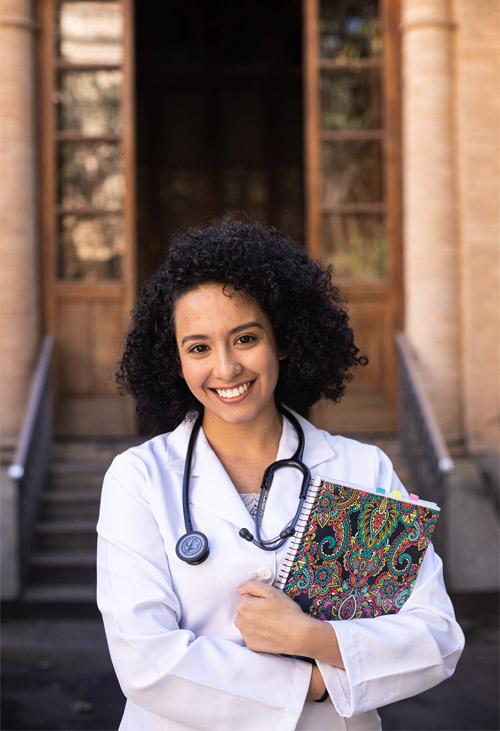
Applications, the selection process, and enrollment will take place from February 6 to March 3, 2025.
(11) 3367-7858 / 7869 / 7870
pos.stricto@fcmsantacasasp.edu.br
The Collective Health program, at the Professional Master’s level, comprises one Area of Concentration and three Lines of Research.
Area of Concentration: Collective Health
Click on the lines of research (below) for more details.
Analytical studies and evaluation of public policies, programs, and services within the scope of the Brazilian Unified Health System (SUS); performance analysis in the management of public and private healthcare providers; identification and development of indicators and tools for improving service quality; patient safety and clinical management; regionalization of the health system, with emphasis on the relationships between levels of government, between managers and providers, and between SUS and the supplementary health system; and models of service organization.
Research analyzing the distribution of diseases and health conditions, risk factors, and exposures, with an emphasis on social inequalities and social determinants of health; specific control programs and vaccination (programs, vaccine coverage, perceptions of vaccines, and vaccine hesitancy).
Projects analyzing various aspects of training, distribution, labor market, work processes, professional profiles and expectations, reasons for career choice, job satisfaction, turnover, and other aspects related to health professionals. These lines encompass projects within the three foundational areas of Collective Health — Epidemiology, Social and Human Sciences in Health, and Health Planning, Policy, and Management — thereby integrating the research lines of the faculty as a whole.
Level: Professional Master's Degree
Credits: 3
Course Load: 36 hours
Syllabus: Discussion of concepts, theories, and methods related to the issue of causality that permeates all disciplines in the field of Collective Health. To establishing relationships of determination or causality between situations, circumstances, or exposure or risk factors and their health outcomes constitutes an important part of the population thinking that characterizes the scientific field of collective health.
Level: Professional Master's Degree
Credits: 5
Course Load: 60 hours
Syllabus: The course aims to provide students with an understanding of theoretical-conceptual frameworks of the main Schools of Administration, as well as the theoretical models of Health Planning, contributing to the critical analysis of Health Management. From this perspective, central issues of the contemporary reality of the health sector in Brazilian society will be relevant in the discussions of the course content.
Level: Professional Master's Degree
Credits: 5
Course Load: 60 hours
Syllabus: Biostatistics is a fundamental discipline for the development and analysis of data in epidemiological research projects. This course aims to introduce students to basic concepts of descriptive and inferential statistics to be used in the preparation of their dissertations and theses. The course includes lectures, exercises (conducted both in class and remotely), and reading scientific articles to apply the learned concepts. Objectives: - Present fundamental concepts and techniques of descriptive statistics and exploratory data analysis; - Provide tools for using statistics as an instrument in research within their field of knowledge; - Promote critical reading of scientific articles, recognizing the application of statistical analysis techniques used.
Level: Professional Master's Degree
Credits: 4
Course Load: 48h
Syllabus: Basic content in inferential statistics, including concepts such as sample variation, central limit theorem, law of large numbers, interval estimation, hypothesis testing, analysis of variance, association tests, correlation and regression, and non-parametric tests.
Level: Professional Master's Degree
Credits: 5
Course Load: 60 hours
Syllabus: Living conditions, work, lifestyles, and health inequalities: conceptual foundations and data on the morbidity and mortality profile in capitalist social formations. The case of Brazil. Discussion on contributions from authors in the human and social sciences, collective health, and authors who analyze the determinants of Brazilian reality from the colonial period to the present.
Level: Professional Master's Degree
Credits: 5
Course Load: 60 hours
Syllabus: Interprofessional Education (IPE): concepts and definitions. New models of health education. Professional identity and shared learning. The 14 health professions and Health Work. Teamwork and Collaborative Practice (CP). CP in Primary Health Care: health comprehensiveness, interdisciplinarity, and professional-user intersubjectivity. Intersectorality.
Level: Professional Master's Degree
Credits: 5
Course Load: 60 hours
Syllabus: The course aims to introduce epidemiological reasoning, presenting the fundamentals of the method, with an emphasis on descriptive epidemiology and notions of epidemiological surveillance. It aims to enable students to describe diseases and health-related conditions from an epidemiological perspective. The essential technical and methodological elements for its execution will be presented.
Level: Professional Master's Degree
Credits: 5
Course Load: 60 hours
Syllabus: Epidemiology is used in the production of scientific knowledge through a quantitative approach to the health-disease process in human populations, enabling the investigation of determining and associated factors in this process. This course aims to provide graduate students with theoretical and technical knowledge regarding the main epidemiological study designs, seeking to develop competencies related to study design and the main analysis techniques integrated with statistics.
CAPES Code: 33019010012P4
CAPES Evaluation Area: Collective Health
CAPES Rating: Professional Master’s Degree – 5
Course recognized according to MEC Ordinance No. 609, dated 03/14/2019 – DOU of 03/18/2019.
This work was carried out with the support of the Brazilian Federal Agency for Support and Evaluation of Graduate Education (CAPES) – Funding Code 001.
Applications, the selection process, and enrollment will take place from February 6 to March 3, 2025. Candidates who are regularly registered will be called for an in-person exam and interview on March 10, 2025.
2 – Applications:
Applications must be made exclusively through the following website: https://novoportal.fcmsantacasasp.edu.br/FrameHTML/web/app/Edu/PortalProcessoSeletivo/?c=1&f=1&ct=85&ps=1898#/es/informacoes
The application will only be considered effective after the payment of the fee and the submission of the required documents.
* The first tuition installment is due at the time of enrollment, and the subsequent payments are due on the 25th of each month after the course begins.
3 – Required Documents for Application:
In addition to the electronic registration, the candidate must attach the following documents (in JPG or PDF format):
The English Language Proficiency exam is required for enrollment if the candidate is approved.
FCMSCSP reserves the right to disqualify candidates who fail to submit all required documents.
4 – Selection Process:
The selection process consists of the following stages:
The selection process will consist of the following stages:
5 – Guidance:
The advisors of the Professional Master’s Program in Collective Health are members of the FCMSCSP, and candidates will be guided by faculty members in their chosen line of research.
Candidates registered for the Academic Master’s Program, once approved, may eventually be relocated to the Professional Master’s Program in Collective Health at the same institution, according to the PPG Council’s assessment of the candidate’s profile.
6 – Results:
Approved candidates will be notified by email and must complete the online enrollment according to the instructions provided.
7 – Recommended Bibliography for Written Exam:
ALMEIDA FILHO, N, BARRETO ML. Epidemiologia & Saúde: Fundamentos, Métodos, Aplicações. Rio de Janeiro: Guanabara Koogan, 2011.
AYRES, JR; PAIVA, V; FRANÇA-JUNIOR, I. Conceitos e práticas de prevenção: da história natural da doença ao quadro da vulnerabilidade e direitos humanos. In: PAIVA, V; AYRES, JR; BUCHALLA, CM. Vulnerabilidade e direitos humanos: prevenção e promoção da saúde – Livro I. Curitiba: JURUÁ, 2012.
BARATA, RB. Desigualdades sociais e saúde. In: CAMPOS, GW e cols (Orgs.). Tratado de saúde coletiva. Rio de Janeiro: HUCITEC/FIOCRUZ, 2006. p. 201-30.
GIOVANELLA, L; ESCOREL, S; LOBATO, LVC; NORONHA, JC; CARVALHO, AI (Orgs.). Políticas e sistema de saúde no Brasil. 2ª ed. Rio de Janeiro: FIOCRUZ/CEBES, 2012.
PAIM, J; ALMEIDA FILHO, N. Saúde coletiva: uma “nova saúde pública” ou campo aberto a novos paradigmas? Rev Saud Pub. Volume 32, número 4, junho 1988, p.299-316
8 – Information:
For more information, contact the Postgraduate Office:
Phones: (11) 3367-7858 / 7869 / 7870
Email: pos.stricto@fcmsantacasasp.edu.br
Professional Master’s Degree
To apply for the Professional Master’s Degree in Collective Health Program, the following documents must be provided, which will be requested when the official call is opened, to be electronically attached, and the candidate must be approved in the selection process:
The selection process consists of a written exam, which is eliminatory, and an interview, with the presentation of the pre-project to a panel of examiners composed of at least two professors from the Department of Collective Health at FCMSCSP. Enrollment will be conducted online upon approval in the selection process. The candidate will be enrolled in either the Professional or Academic Master’s, according to the candidate’s profile established in the interview by the professors, along with the coordination.
Special Students
Students enrolled in other accredited postgraduate programs or faculty members from other higher education institutions may be accepted as special students to take individual courses.
Special students are subject to the same performance standards required of regular students, and their admission depends on course availability. However, they are not eligible for degree conferment.
Upon successful completion of the course(s), the special student will receive a statement issued by the Postgraduate Office indicating the course title, a brief syllabus, the total course load (in hours), and the number of credits earned.
Special students must pay the corresponding course fees, and are not eligible for scholarships or tuition waivers, except when the student is a faculty member of the same institution.
The exceptional admission of undergraduate students into specific graduate program courses is subject to the availability of slots and to written approval from the course instructor, which must be communicated in writing to the Postgraduate Office.
Students currently enrolled in lato sensu graduate programs may be recommended by a faculty member of the program to attend stricto sensu postgraduate courses. Credits earned may be validated if the student is later formally admitted as a regular stricto sensu postgraduate student.
Requirements and Forms
Download the form, complete it in its entirety, and submit it to the Postgraduate Office, either in person or by email (pos.stricto@fcmsantacasasp.edu.br).
Requests
Financial Reimbursement for Scientific Article (download file) – Note: Before filling out the form, click on the link for the respective program and download the spreadsheet to check the journal: Health Sciences / Surgical Research / Collective Health (Professional or Academic) / Human Communication Health
Acceptance Letter from the Advisor (Master’s/Doctorate)
Acceptance Letter for Supervision (Postdoctoral)
General Qualification Examination
Declaration of Diploma Issuance Option
Authorization Term for the Dissemination of Dissertation (Master’s) and Thesis (Doctorate)
Stricto Sensu Postgraduate: guidelines, formats, and templates for dissertations and theses
To access the guidelines, templates, and instructions to facilitate the development of theses and dissertations, click on the links below:
Guidelines for the Presentation of Dissertations and Theses
Monographic or Preferred Thesis Format (Guidelines)
Master’s Dissertation Cover and Title Page Template
Doctoral Thesis Cover and Title Page Template
Areas of Concentration for Stricto Sensu Programs (Guidelines)

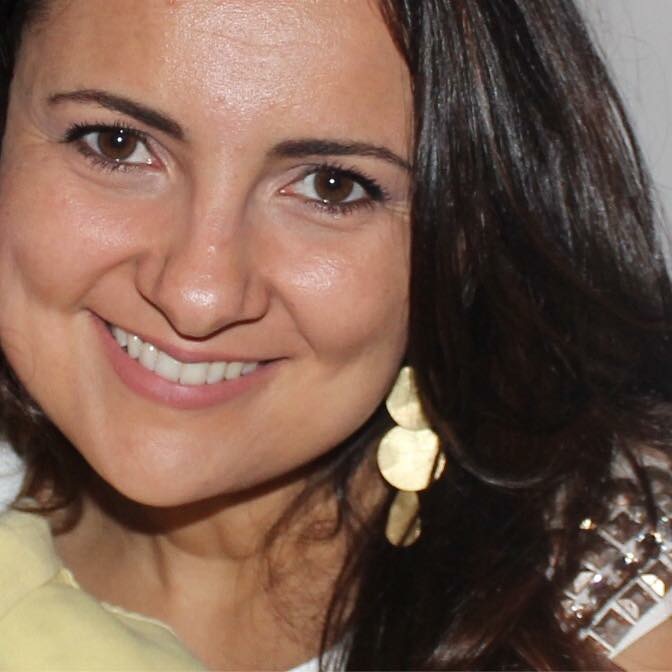
PhD in Applied Human Nutrition from the University of São Paulo (USP).
Acess Lattes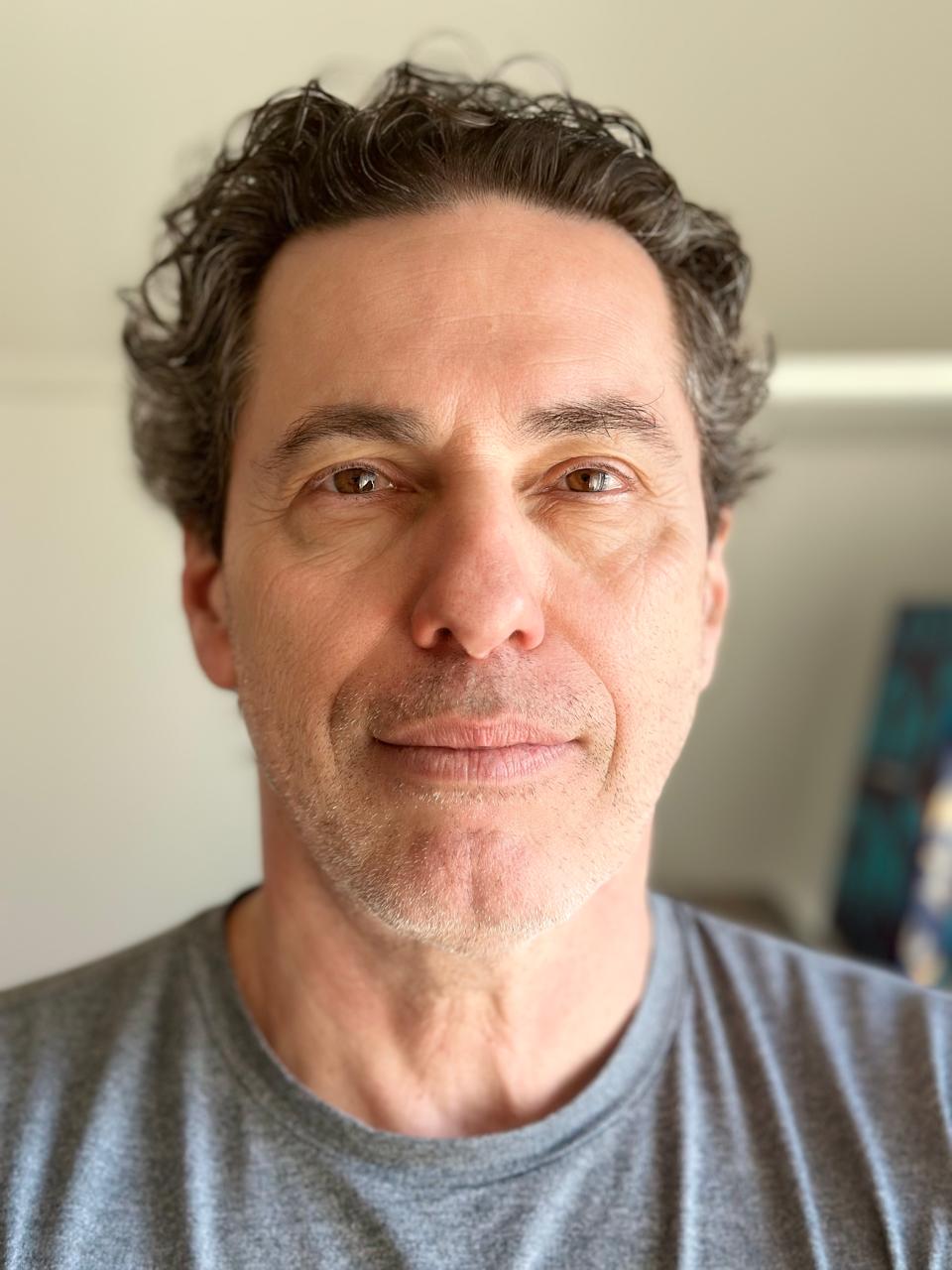
PhD in Medical Sciences from the School of Medicine, University of São Paulo (FMUSP).
Acess LattesPhD in Toxicology from the University of São Paulo (USP).
Acess Lattes
PhD in Preventive Medicine from the School of Medicine, University of São Paulo (FMUSP).
Acess Lattes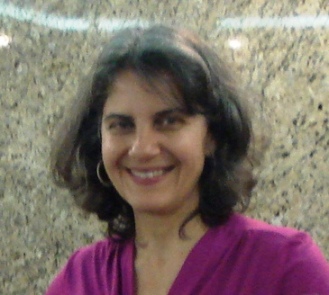
PhD in Public Health Infectology from the State Health Department of São Paulo.
Acess Lattes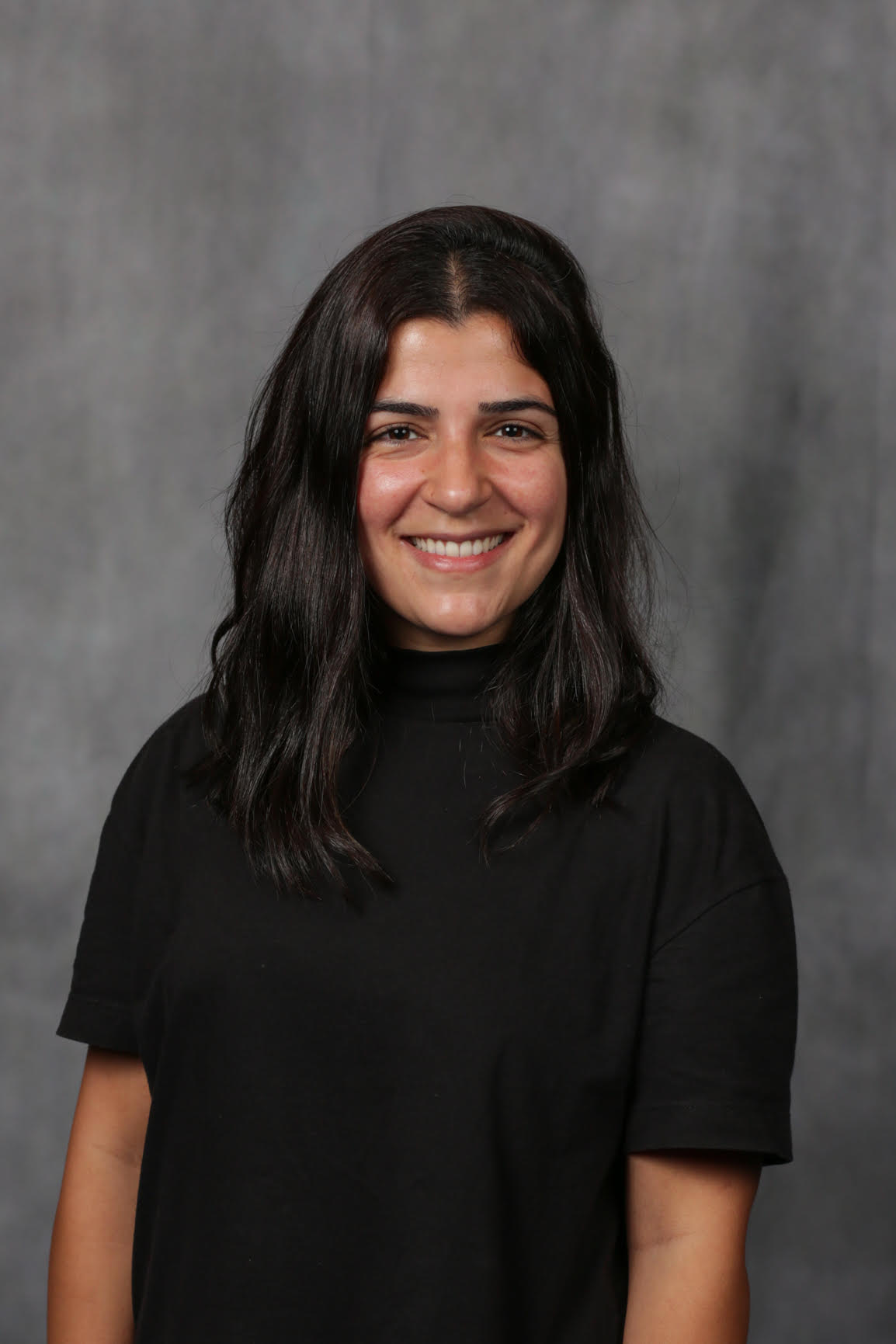
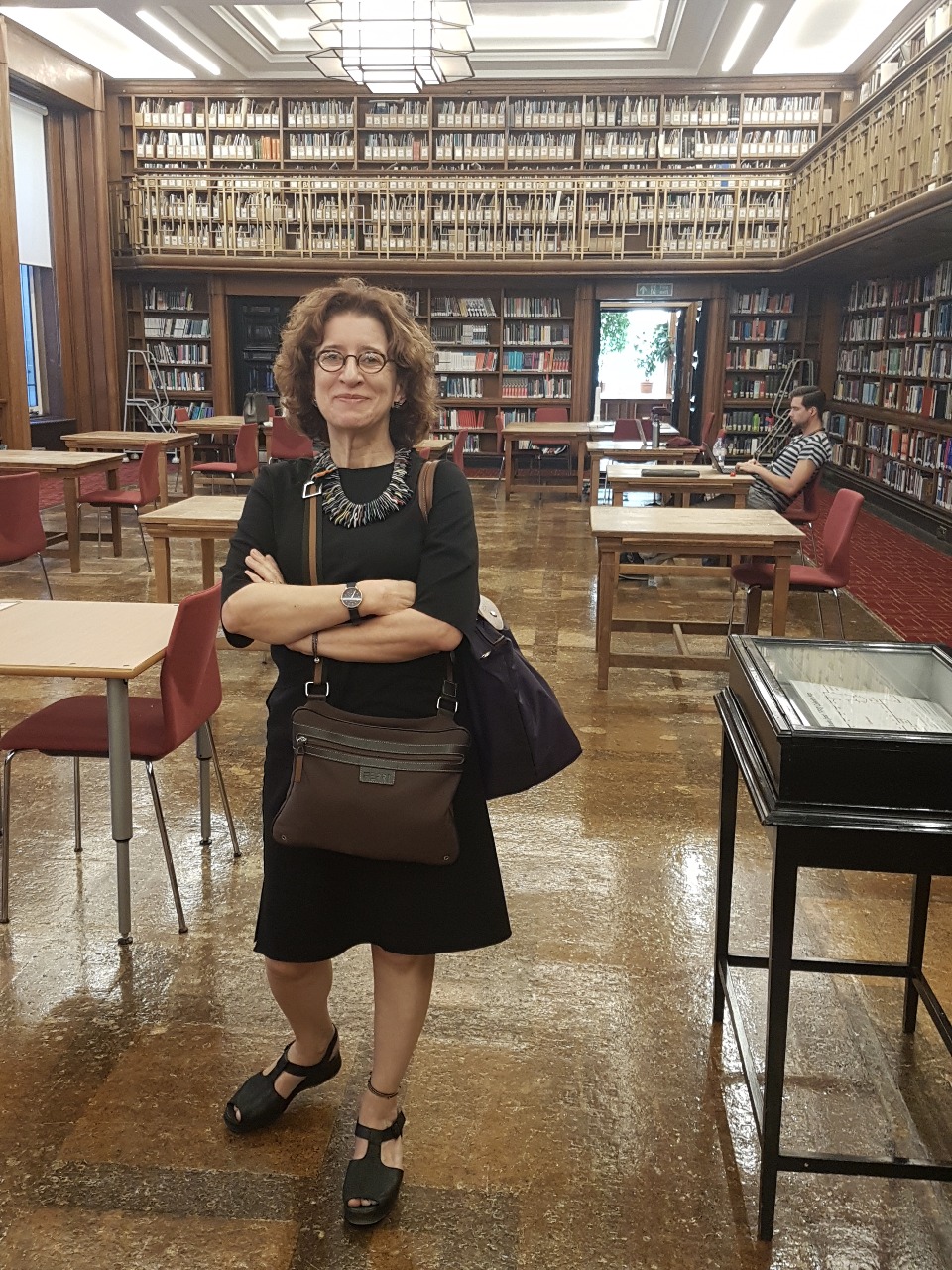
PhD in Medicine (Preventive Medicine) from the University of São Paulo (USP).
Acess LattesPhD in Medicine from the School of Medicine, University of São Paulo (FMUSP).
Acess Lattes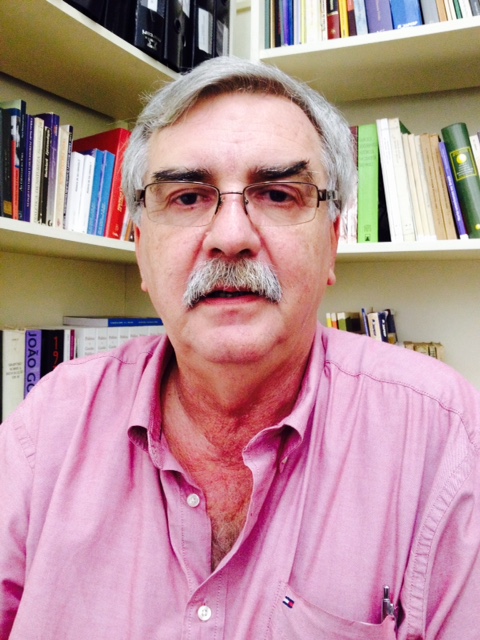
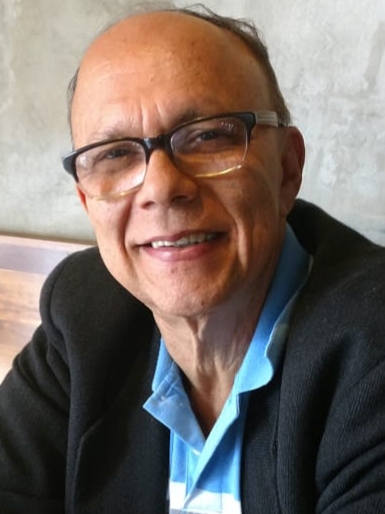
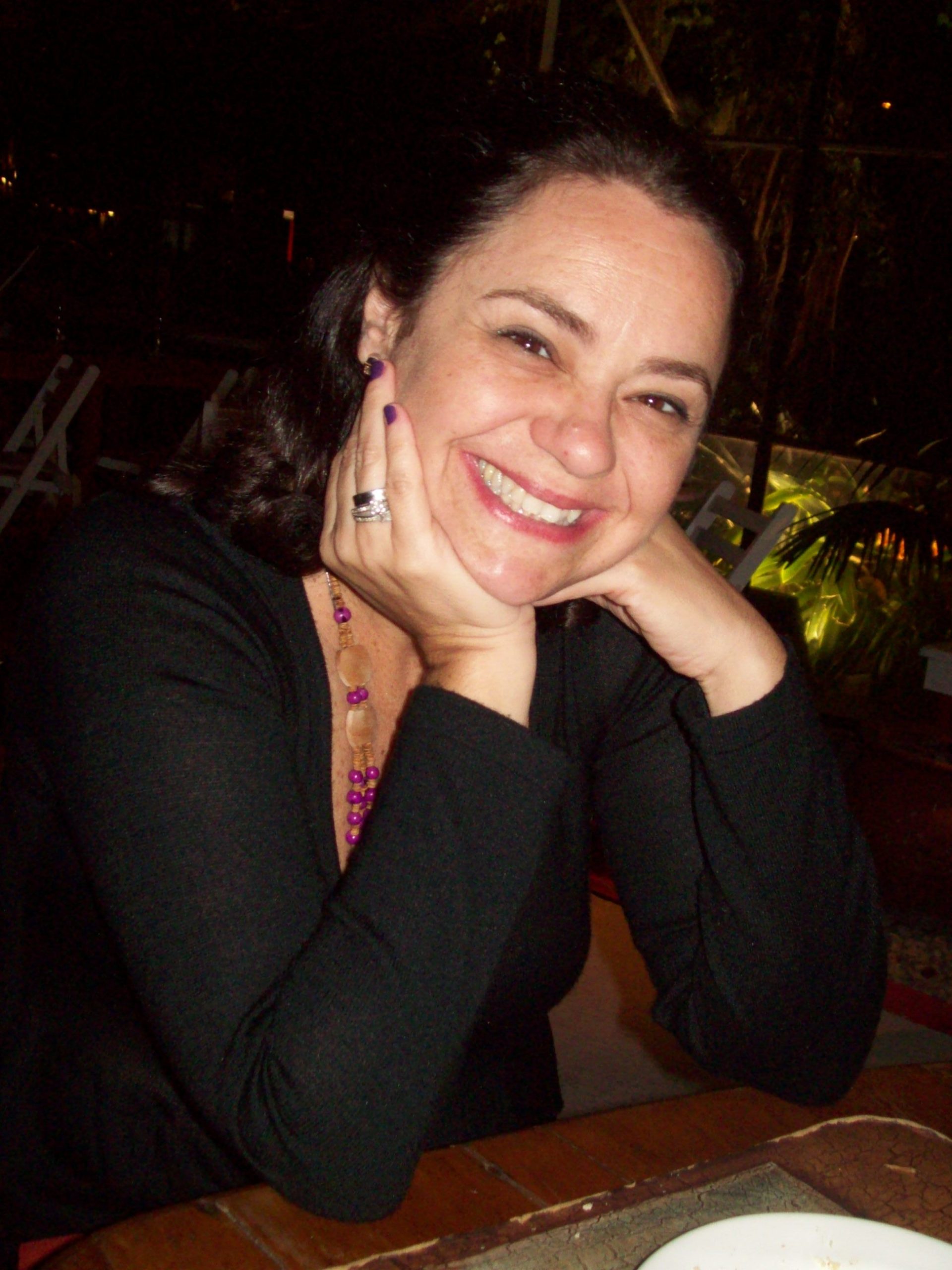
PhD in Public Health from the University of São Paulo (USP).
Acess Lattes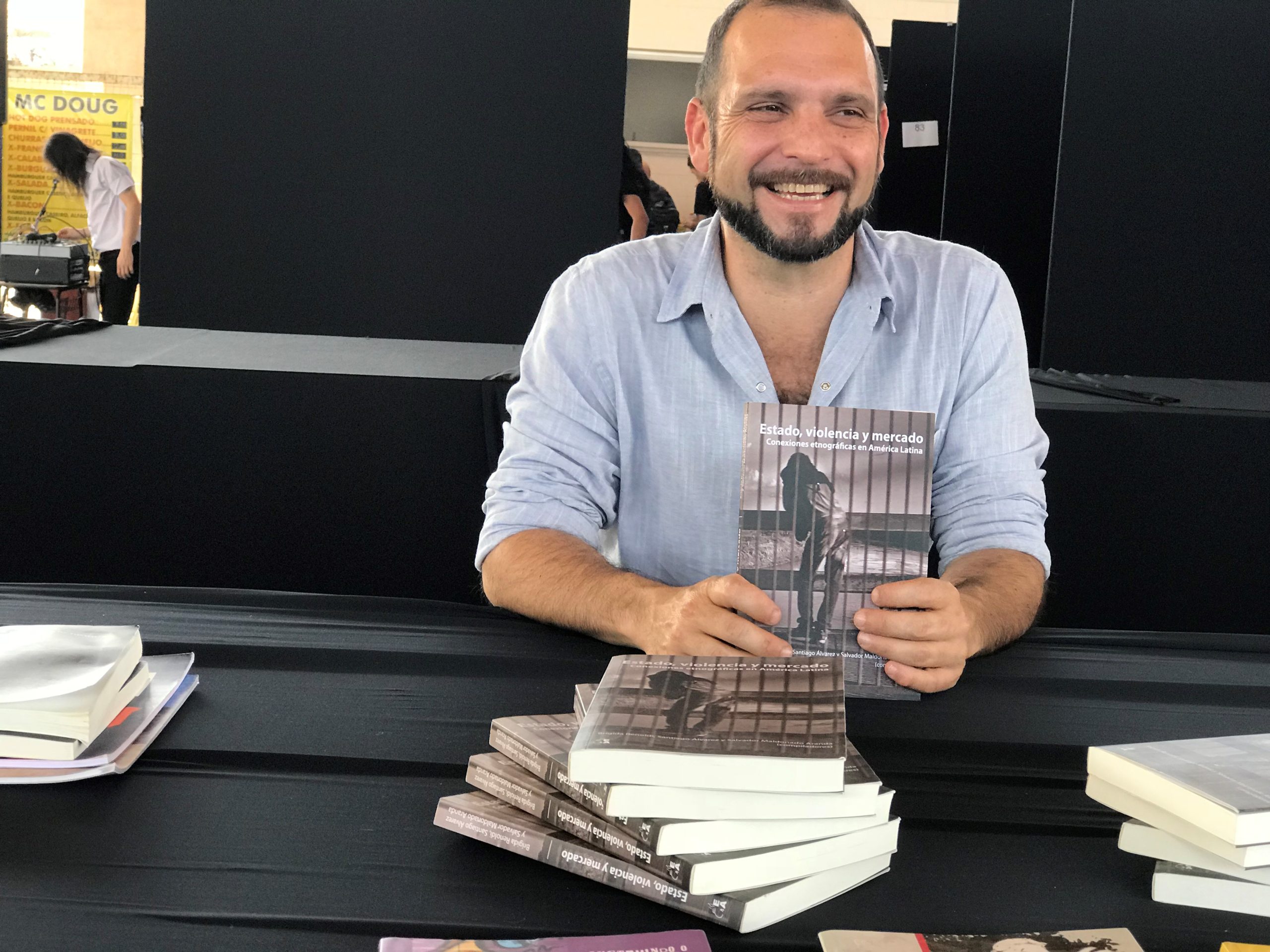
PhD in Public Health from the University of São Paulo (USP), with a research internship at the University of Lisbon (Portugal).
Acess Lattes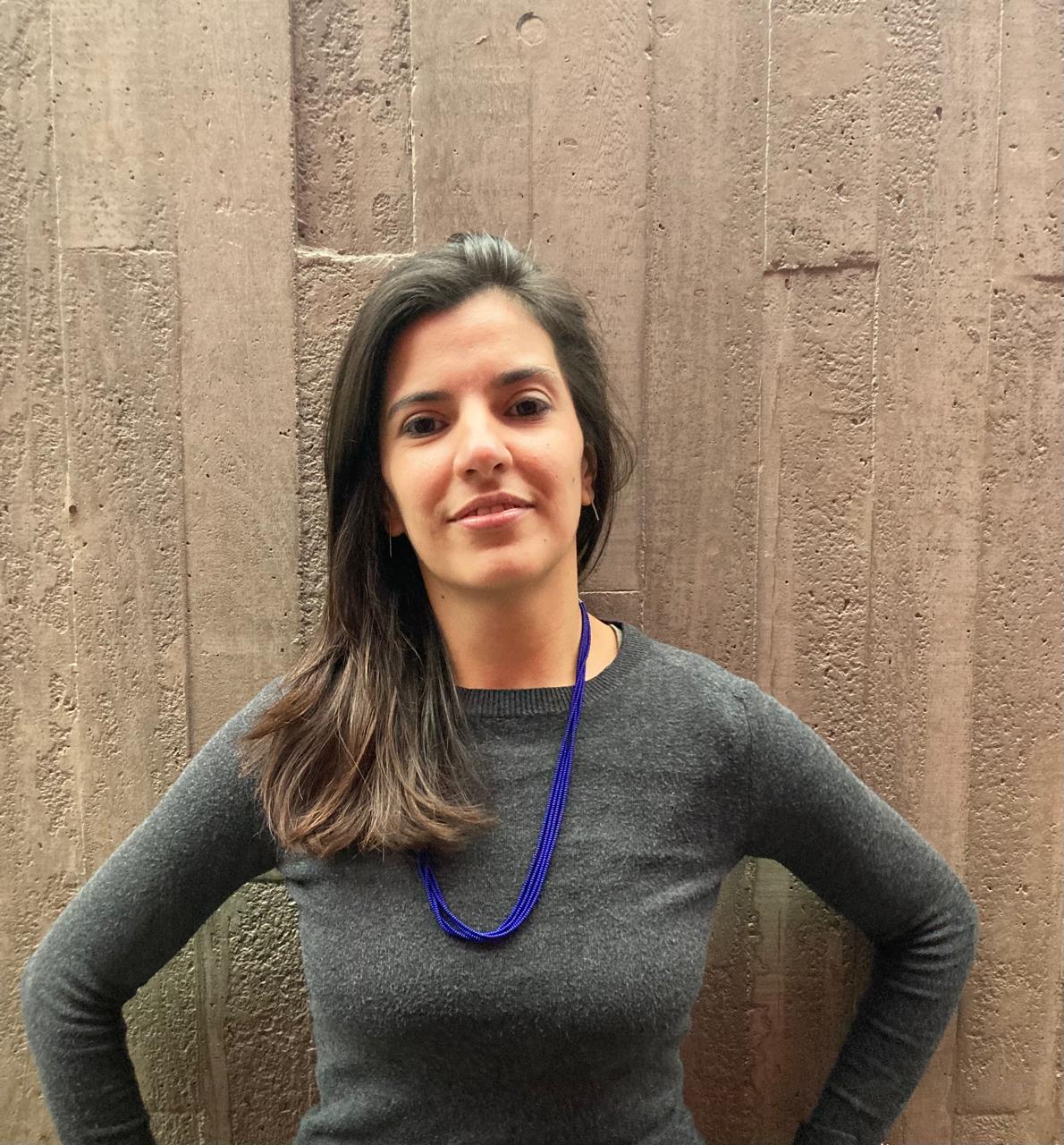
PhD in Social Sciences (Social Anthropology) from the University of São Paulo (USP).
Acess LattesPhD in Medicine (Preventive Medicine) from the University of São Paulo (USP).
Acess LattesPhD in Epidemiology from the School of Public Health, University of São Paulo (FSP/USP).
Acess Lattes
Lorem ipsum dolor, sit amet consectetur adipisicing elit. Itaque qui rem debitis dignissimos. Eos laborum dicta inventore, molestias impedit dolore.
05
Jun
Accusamus et iusto odio dignissimos ducimus qui blanditiis praesentium voluptatum deleniti atque corrupti et quas molestias excepturi.
 05/06/2025 - 14:00 hs
05/06/2025 - 14:00 hs
 Rua Dona Veridiana, 55 - São Paulo / SP
Rua Dona Veridiana, 55 - São Paulo / SP
23
Oct
Odio dignissimos ducimus qui blanditiis praesentium voluptatum deleniti atque corrupti et quas molestias excepturi.
 23/10/2025 - 17:00 hs
23/10/2025 - 17:00 hs
 Rua Dr. Cesário Motta Jr., 61 - São Paulo / SP
Rua Dr. Cesário Motta Jr., 61 - São Paulo / SP
10
Dec
Lorem odio dignissimos sed domus ducimus qui blanditiis praesentium voluptatum deleniti atque corrupti et quas molestias excepturi.
 10/12/2025 - 11:30 hs
10/12/2025 - 11:30 hs
 Rua Jaguaribe, 155 - São Paulo / SP
Rua Jaguaribe, 155 - São Paulo / SP
Lorem ipsum ed ut perspiciatis unde omnis iste natus error sit voluptatem accusantium doloremque laudantium, totam rem aperiam, eaque ipsa quae ab illo inventore veritatis et quasi architecto beatae vitae dicta sunt explicabo.
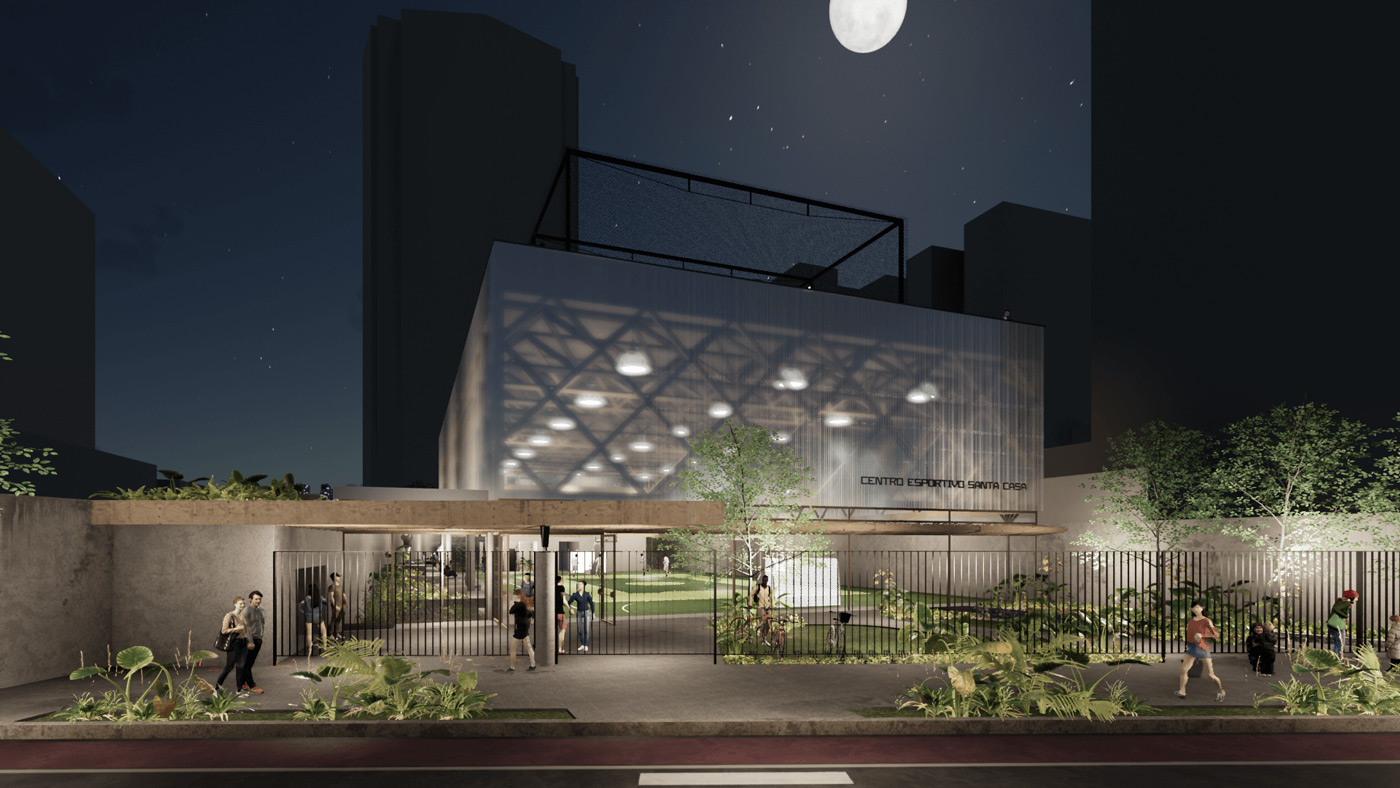
And pain can procure him some great pleasure. To take a trivial example, which of us ever undertakes laborious physical exercise.
Read more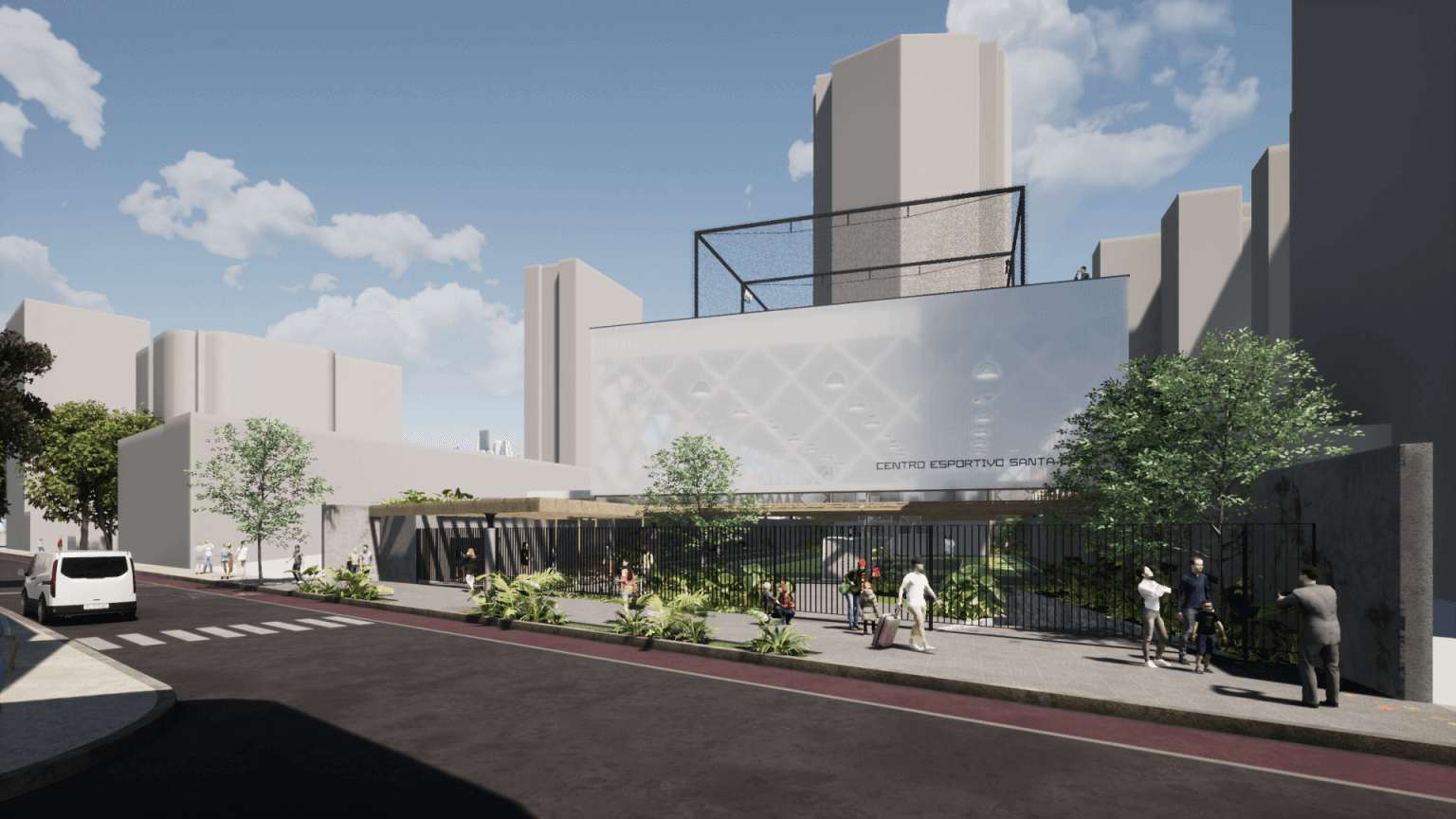
But I must explain to you how all this mistaken idea of denouncing pleasure and praising pain was born and I will give you a complete account of the system
Read more
Qui in ea voluptate velit esse quam nihil molestiae consequatur, vel illum qui dolorem eum fugiat quo voluptas nulla pariatur.
Read more
Omnis iste natus error sit voluptatem accusantium doloremque laudantium, totam rem aperiam, eaque ipsa quae ab illo inventore.
Read more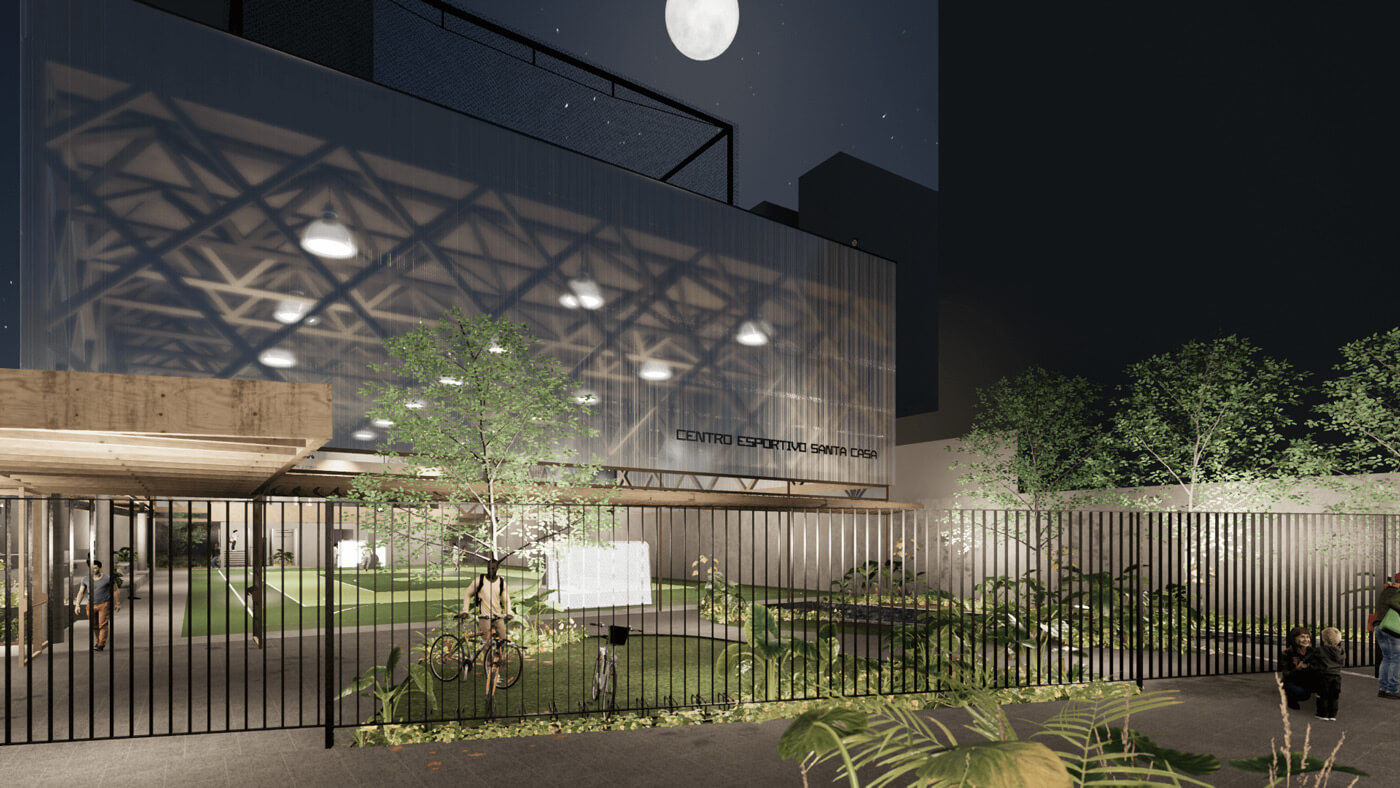
Quis autem vel eum iure reprehenderit qui in ea voluptate velit esse quam nihil molestiae consequatur, vel illum qui dolorem eum fugiat quo voluptas nulla pariatur.
Read moreCheck out the latest news on Stricto Sensu Graduate Programs here.

Sed ut perspiciatis unde omnis iste natus error sit voluptatem accusantium doloremque laudantium, totam rem aperiam, eaque ipsa quae ab illo inventore veritatis et quasi architecto beatae vitae dicta sunt explicabo.
May
11
This text below as a natural is a wider card with supporting text below as a natural lead-in to content is a little bit longer.
 11/05/2025 - 15:00 hs
11/05/2025 - 15:00 hs
 Rua Dr. Cesário Mota Júnior, 61 - 10º Andar - Sala 103
Rua Dr. Cesário Mota Júnior, 61 - 10º Andar - Sala 103
Jun
05
Below as a natural is a wider card with supporting text below as a natural lead-in to content is a little.
 05/06/2025 - 16:30 hs
05/06/2025 - 16:30 hs
 Rua Dona Veridiana, 55 - São Paulo / SP
Rua Dona Veridiana, 55 - São Paulo / SP
Nov
29
As a natural is a wider card with supporting text below as a natural lead-in to content is a little.
 29/11/2025 - 12:00 hs
29/11/2025 - 12:00 hs
 Rua Jaguaribe, 155 - São Paulo / SP
Rua Jaguaribe, 155 - São Paulo / SP
Emails: pos.stricto@fcmsantacasasp.com.br
Phone number: + 55 (11) 3367-7858
Adress:
Rua: Dr. Cesário Mota Jr. 61
São Paulo / SP – Brazil
Zipcode: 01221-020
This work was carried out with the Coordination for the Improvement of Higher Education Personnel – Brazil (CAPES) – Financing Code 001.
